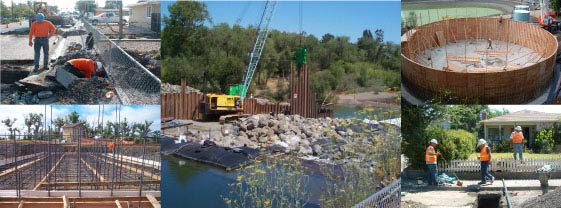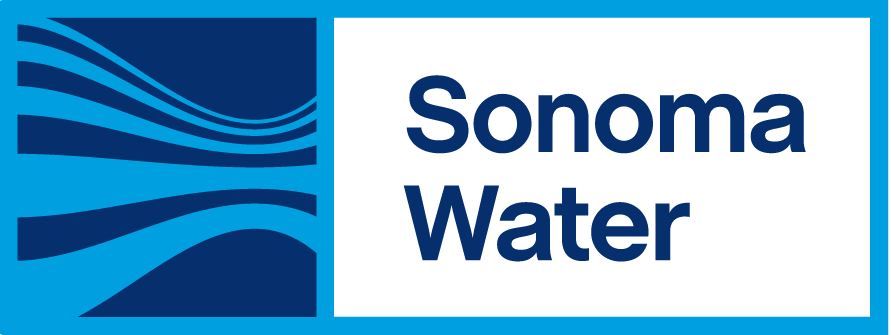
The Sonoma County Water Agency has released its updated Local Hazard Mitigation Plan (LHMP), which was approved by the Federal Emergency Management Agency (FEMA) on September 19, 2024. The LHMP creates a blueprint for reducing the damage to Sonoma Water’s infrastructure from natural disasters, such as floods, droughts, fires, and earthquakes. To review the LHMP and provide input, see below.
A Local Hazard Mitigation Plan (LHMP) forms the foundation for a community's long-term strategy to reduce disaster losses and break the cycle of disaster damage, reconstruction, and repeated damage. The planning process is as important as the plan itself and must include public and stakeholder involvement. LHMPs are public documents that create a framework for risk-based decision-making to reduce damage to lives, property, and the economy from future disasters. Hazard mitigation is sustained action taken to reduce or eliminate long-term risk to people and their property from hazards. The federal government passed the Disaster Mitigation Act of 2000, which encourages and rewards pre-disaster planning at all levels of local and state government. FEMA utilizes LHMPs to issue grant funding for pre-disaster and hazard mitigation projects.
Since 2004, the Sonoma County Water Agency has initiated a natural hazard reliability improvement program, which included finalizing Sonoma Water’s first LHMP in 2008.
Sonoma Water must update its LHMP every five years to ensure it remains relevant to current events and system conditions and to meet regulations set forth by FEMA. In particular, staff will review Sonoma Water’s vulnerabilities and risks, as well as the prioritized listing of hazard mitigation projects.
Contact Us
Submit questions or comments by sending an email to LHMP@scwa.ca.gov.
Related Resources
Document Accessibility Notice
Some of these documents are saved in Portable Document Format (PDF). We recommend you download Adobe® Reader®, a free software that allows you view and print PDF files.
For accessibility assistance with these documents, please contact the Sonoma County Water Agency at (707) 547-1900.
